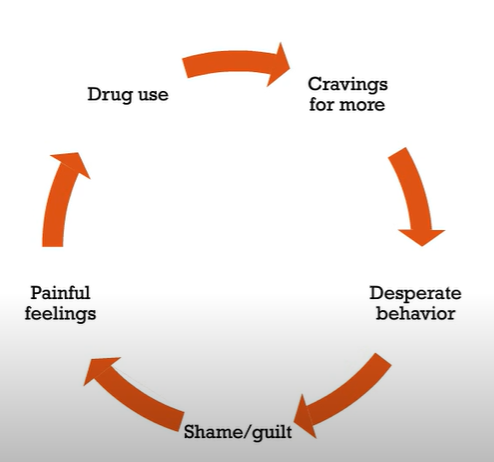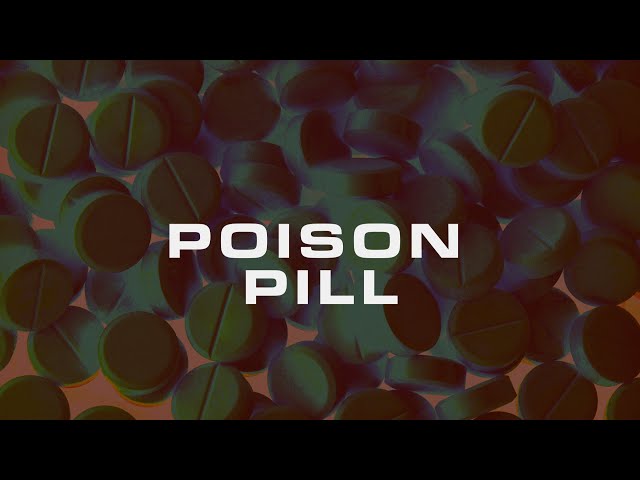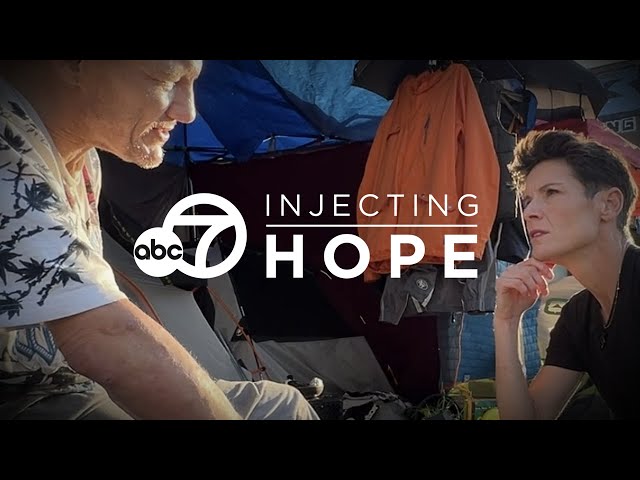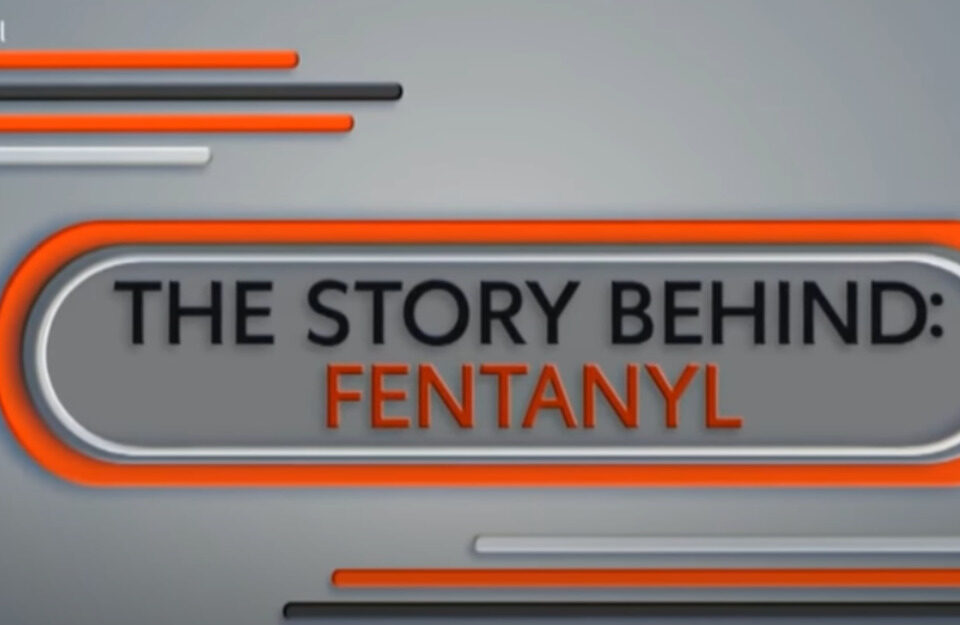Introduction
This webinar addresses specific barriers to sobriety experienced by those with an opiate addiction, as well as several effective strategies for helping them obtain long-term recovery and sobriety. Attendees will learn ways to increase treatment effectiveness with this population and reduce the likelihood that a client with an opiate addiction will leave treatment prematurely. [Taken from YT description]
Foundations Recovery Network also has a large playlist of webinars.
Watch Now!
After watching the following video, you are welcome to share your experience by providing a review of the resource.
Quotes
“The number of unintentional overdose deaths from prescription pain relievers in the United States has more than quadrupled since 1999.”
“The United States is the biggest consumer of prescription opiates, accounting for almost 100% of the world total for hydrocodone (e.g., Vicodin) and 81% for oxycodone (e.g., Percocet).”
“By 2010, the number of pain medications prescribed was enough to keep every single American medicated for one month’s time.”
“Opiates create a sense of pleasure and well-being and, as so many people say, the euphoric feeling is extremely pleasing.”
“What we are trying to do in recovery is help people find healthy ways of getting a dopamine release.”

“It starts off with drug use then the person has cravings for more. They engage in desperate behaviours, leading to feelings of shame and guilt. This is painful and the person turns to drugs to cope with those painful feelings. So it becomes a vicious cycle.”
“Opiate addiction is defined as a chronic relapsing disease caused by changes in the brain and characterized by uncontrollable drug seeking no matter the consequences.”
“People end up doing things they would never normally do. The frontal cortex decreases in functioning, so you don’t have the reasoning skills, and the desire to get the drug feels as if it’s life or death. It becomes survival and then leads to increased shame and guilt.”
“I believe that the best outcomes are when individuals can get long-term treatment and that in treatment clients need structure to help them learn impulse control and self-regulation. It takes time to get clarity of thought because the brain has been hijacked.”
“Many residential and inpatient facilities are using EMDR and other strategies to address issues of trauma, but often times individuals are just not ready to address that trauma during the first 30 days of treatment.”
“A huge part of helping individuals maintain long-term sobriety is helping them learn to trust and creating an atmosphere of trust.”
Continue Learning
Please view the following additional resources to continue learning about some of the topics discussed in this resource. If you have any suggestions, concerns or general comments, feel free to contact me as well!





